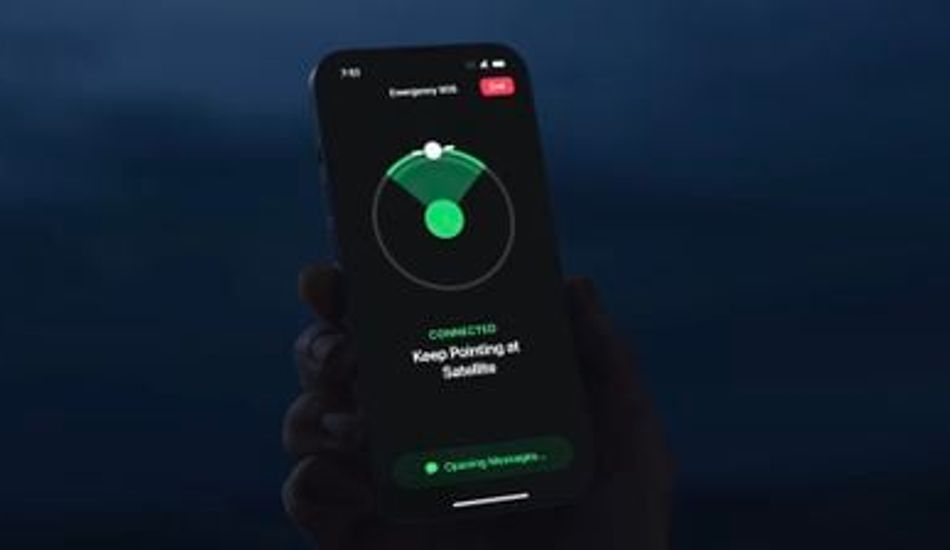
Apple's Abandoned Satellite Internet Project
Apple's history is punctuated by bold technological advancements, but some ventures remain shrouded in secrecy. One such endeavor, codenamed "Project Eagle," involved a collaboration with Boeing to create a Starlink-like satellite internet service. The plan, initiated around 2015, envisioned a constellation of thousands of satellites delivering internet access directly to iPhones and homes via specialized antennas. This ambitious project aimed to offer a more seamless user experience, bypassing the perceived limitations of traditional mobile carriers, whom Apple considered "necessary but inconvenient partners."
Project Eagle's Demise
The initiative, involving significant investment – approximately $36 million in testing alone – was ultimately abandoned in 2016. Concerns raised by CEO Tim Cook regarding the potential strain on relationships with the telecommunications industry, coupled with the substantial and uncertain financial implications, proved decisive. Subsequently, exploration of alternative satellite partnerships followed, including discussions with OneWeb, but the cost – estimated at $30 billion to $40 billion – remained a prohibitive barrier.
A Pivot to Emergency Services and Lingering Questions
The failure of Project Eagle led to a strategic recalibration. Apple shifted its focus to integrating satellite technology for emergency situations, resulting in the launch of Emergency SOS via Satellite in 2022. However, even this more limited implementation raises questions. Internal discussions continue regarding the long-term viability of these satellite features. The existing system, reliant on a comparatively outdated and limited network, faces criticism from former employees. The substantial annual cost, estimated in the hundreds of millions of dollars, further fuels debate within Apple’s leadership, with some executives advocating for the discontinuation of the features altogether.
The hesitancy to charge users for satellite connectivity is attributed to concerns about potential regulatory repercussions. Apple fears that charging for this service might trigger increased government oversight, possibly even forcing the implementation of surveillance-related backdoors, a compromise which Apple has strongly opposed.
Source: Mac Rumors